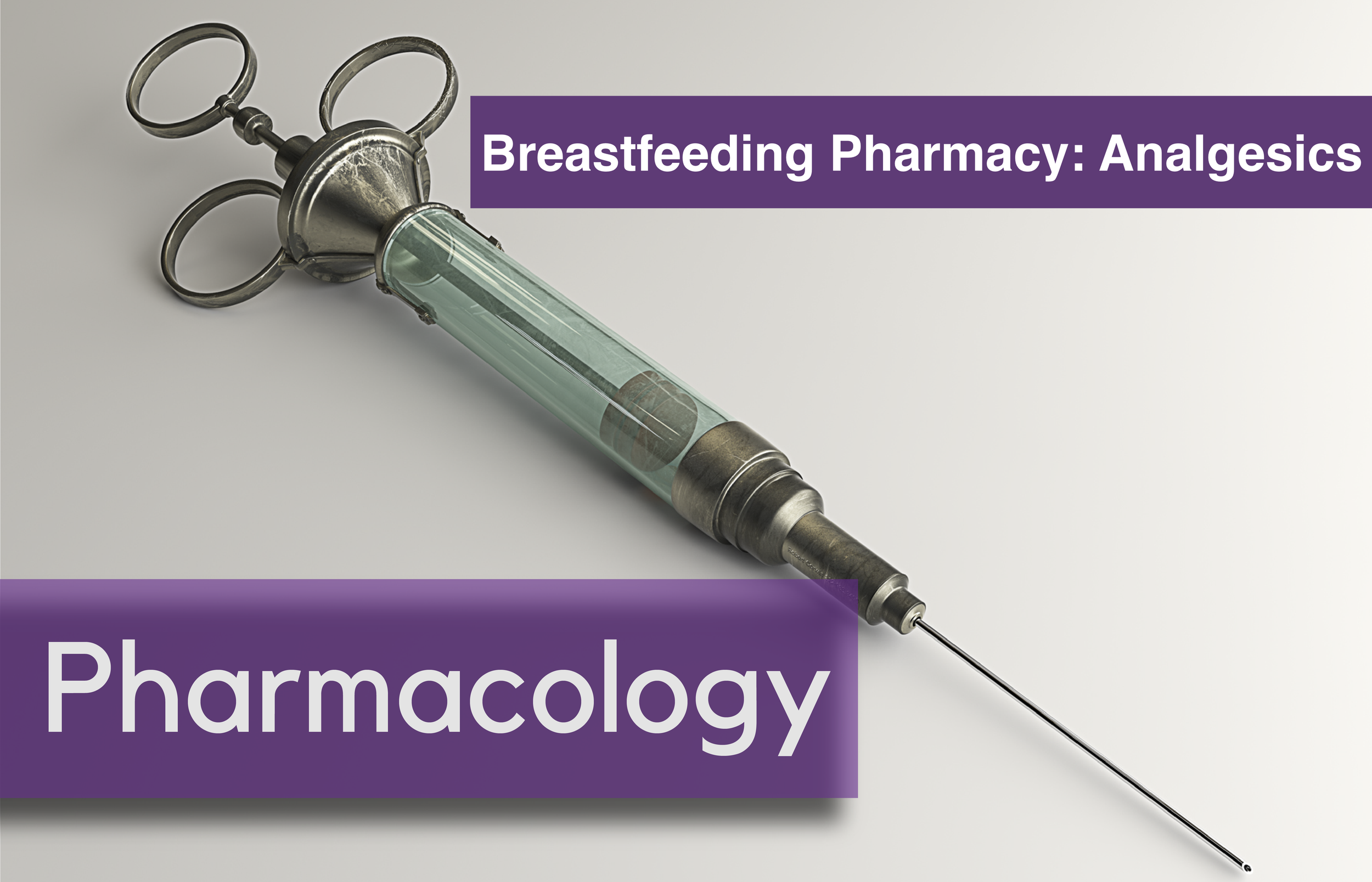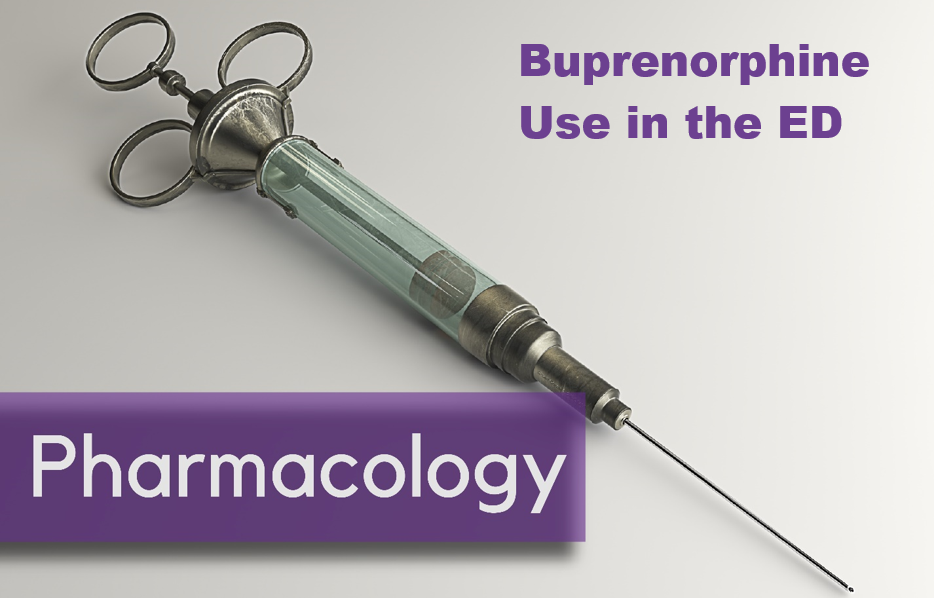Written by: Courtney Premer-Barragan, MD, PhD (NUEM ‘25)
Edited by: Ben Kiesel, MD (NUEM ‘23)
Expert Commentary by: Kelsea Caruso, PharmD
Expert Commentary
Emergency Medicine practitioners may be quick to recommend patients to “pump and dump” when on antibiotics, but this can have downstream detrimental effects on the baby and on the mother. With the numerous indications for antibiotics, including some dealing with breastfeeding itself, it is imperative that EM providers recognize that most antibiotics are considered safe.
Most beta-lactam antibiotics are considered safe in breastfeeding women and can be used to treat many infections. Depending on the type of infection, anaerobic coverage may be warranted. Case reports have documented the potential for metronidazole to cause Candida infections and diarrhea in the infant. Clindamycin has the highest potential to cause GI issues in the breastfed infant. If these medications are indicated, it is best to have a risk-benefit discussion with the patient about the best option.
Tetracyclines have historically been feared in breastfeeding mothers due to the potential for bone deposition and staining of the dental enamel. As more literature has reviewed their safety, tetracyclines are considered safe for short term use, but limit courses to fewer than 21 days. Tetracycline absorption is also inhibited by calcium, which is contained in breast milk, so the amount actually absorbed by the infant should be low.
My favorite database to find information on medications in lactation is LactMed, a database funded by the NIH. Always the safest bet is to check this database before prescribing a medication to a lactating patient.
Kelsea Caruso, PharmD
Clinical Pharmacist
Department of Emergency Medicine
Northwestern Memorial Hospital
How To Cite This Post:
[Peer-Reviewed, Web Publication] Premer-Barragan, C. Payne, A. (2023, Jul 25). Breastfeeding Pharmacy Antibiotics. [NUEM Blog. Expert Commentary by Caruso, K]. Retrieved from http://www.nuemblog.com/blog/breastfeeding-pharm-antibiotics













